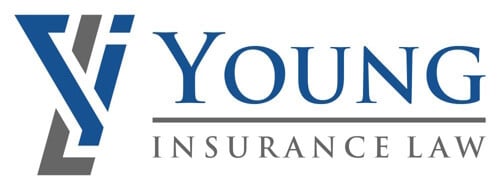Michigan car insurance premiums are the highest in the nation, thanks in part to a unique requirement that motorists purchase unlimited Personal Injury Protection coverage. Last May, the governor signed a new law that aims to reduce insurance costs by allowing policyholders to opt out of unlimited medical benefits and instead choose their own rates.
However, at the beginning of October, two crash victims and a rehabilitation center focused on brain injuries challenged the new law. Their suit claims that two of the provisions it includes are unconstitutional and may harm individuals who suffer catastrophic injury by limiting care options.
Two provisions under scrutiny
One provision in question would put a cap of 56 hours per week on reimbursement for in-home care by a family member for an auto accident victim that requires assistance with basic daily tasks. In addition to arguing that such a cap may be illegal, the suit contends that limiting reimbursement could harm those retroactively denied the vested contractual rights included in their insurance policies. For instance, one of the plaintiffs in the suit currently receives reimbursement for his wife’s family-provided, 24-hour care at home after a drunk driver hit her in 2014. Left unchanged, the new law may force his family and others in a similar position to hire outside assistance instead.
The second provision under scrutiny would gradually reduce the amount that hospitals and other care facilities can charge for treating or rehabilitating accident victims. The suit contends that such fee schedules could prove prohibitive for providers that offer specialized care.
An evolving insurance landscape
As the only state in the nation with a mandate for auto insurance policies with unlimited medical coverage, many supporters of the new law argue that it is essential for bringing down steep premiums. However, it also seems likely that these will not be the first legal challenges the law will face before taking effect in 2020 and 2021. Policyholders and providers need to be diligent to ensure that their right to needed reimbursement remains intact.
